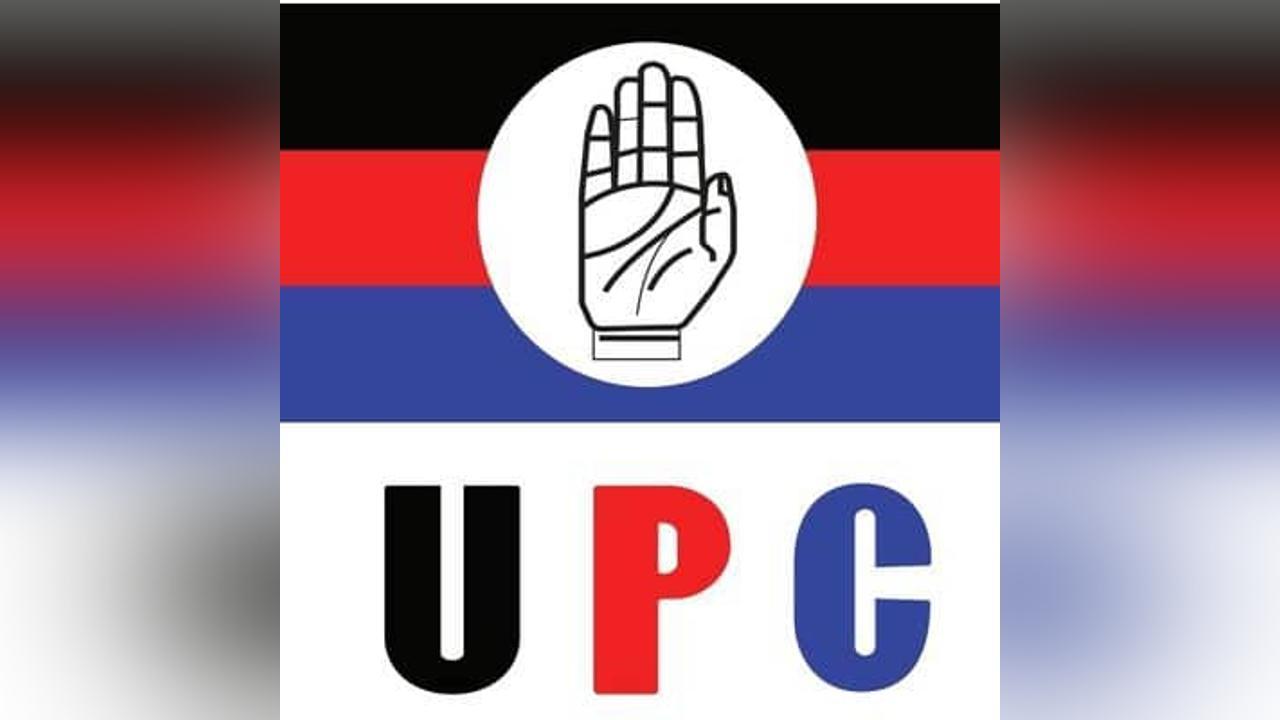Africa-Press – Uganda. Uganda People’s Congress (UPC) leaders in the Kigezi sub-region have decried internal factions that they say have weakened the party’s structures, leaving it struggling to maintain relevance ahead of the 2026 general elections.
Once a UPC stronghold, Kigezi has seen the party lose momentum, with leaders blaming power struggles within the party’s top ranks.
Currently, three rival factions claim legitimacy over the party presidency, a development that threatens to further paralyze the opposition outfit.
Viola Naturinda, an aspiring Woman Member of Parliament for Kabale District, said the infighting has made it difficult for candidates at the grassroots to campaign effectively.
“The issue of factions is really affecting us especially when you come to different regions. Like in Kigezi sub-region we are almost swept off because we don’t have people contesting at grassroots level. As a party we are not performing as we are supposed to perform,” Naturinda noted.
Obed Habasa, UPC chairperson for Rubanda District, echoed similar concerns, stressing the need for the top leadership to hold dialogue and reconcile the different camps for the survival of the party.
However, in a phone interview, UPC Secretary General Fred Ebil dismissed claims of divisions, insisting that what some perceive as factions is merely a “mindset” among members.
“It’s just in the mindset of some people that we would have loved so and so be the party president. Those other things are being sorted. Even after post-election we can still discuss together and pull every member to work together,” Ebil stated.
Ebil added that the immediate priority is not who holds the party presidency, but ensuring that UPC fields a credible candidate for the 2026 presidential elections.
The widening rift comes at a critical time when other political parties are intensifying their grassroots mobilization, leaving UPC vulnerable in regions where it once commanded loyalty.
For More News And Analysis About Uganda Follow Africa-Press






